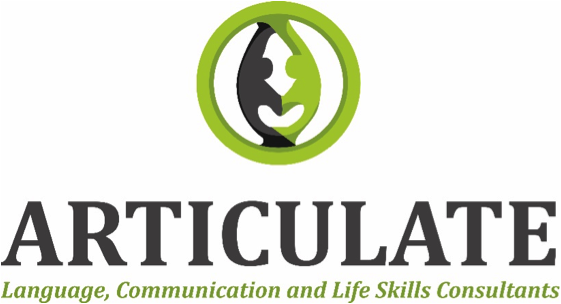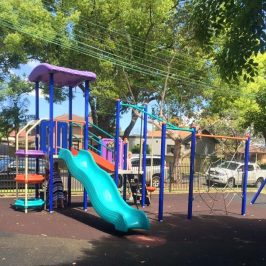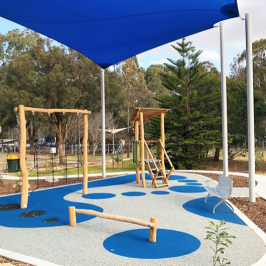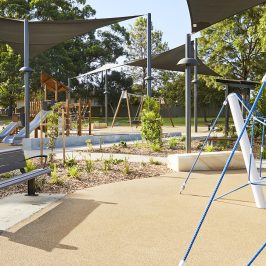Why would a secondary school student need Speech and Language Pathology? He or she speaks fine!
This is a common question and comment made by many parents and teachers who are unaware of the difficulties that many young people face when they enter Secondary School and continue through these crucial years of their life.
For most young people, language and communication continues to develop throughout the school years and into adulthood. They develop their social skills, their ability to negotiate and build friendships and problem-solve.
There are however a significant group of young people who struggle and find it significantly difficult. These young people have specific language and communication impairments and often have limited opportunities for developing these skills in Secondary School. There is also limited support and understanding of the issues these young people have; this impacts on their ability to access the mainstream curriculum and successfully complete their secondary school education. Often these are the students that “fall through the cracks” because of their hidden difficulties.
The transition from Primary to Secondary Education means learning new vocabulary, new subjects, different curriculum, different teachers and teaching styles, and higher level organization and problem-solving skills. Many Primary students who show progress on language assessments do not continue to receive services when they enter Secondary School and a new host of difficulties and challenges emerge.
How can a Speech and Language Pathologist Help?
Often parents and teachers are unaware of how Speech and Language Pathologists (SLP) can help in Upper Primary and Secondary schools.
The table below shows the difficulties students at this level have and how the SLP can help:
| AREAS OF DIFFICULTY | HOW A SPEECH PATHOLOGIST CAN HELP |
| Responding to questions and following instructions on a daily basis | Provide visual support for instructions using lists and tables; breakdown questions |
| Comprehending abstract vocabulary, concepts and ideas in the classroom | Teach key concepts and vocabulary through word associations, word building, word webs and mind maps. We use curriculum-based vocabulary from subjects such as, English, History, Geography, Science, PDHPE, etc.) |
| Verbally sequencing order of information (e.g. steps of a problem, order of a recipe or Science experiment, events in a story, etc.) and writing coherent paragraphs. | Teach the use of story starters, visual story charts, and brainstorming ideas.
Teach beginning, middle, end of a story. Teach first, next, then, last for order of steps. Teach Introduction, main paragraph/idea, conclusion. |
| Writing complete grammatical sentences | Use colour coding to teach sentence structure (e.g. nouns, verbs, adjectives etc.)
Teach complex sentences using ‘shape coding’ (where visual symbols are used to teach sentence structure) |
| Comprehending and using figurative language (idioms, metaphors, similes, etc.) | Teach idioms, metaphors, multiple meanings and double meanings, etc. |
| Social skills- making friends, assertiveness and life skills | Teach specific social skills and problem solving skills through role play.
Teach basic life skills such as budgeting, form filling, interview skills, etc. |
| Organization/ attention and listening skills | Provide visual timetables, teach organization and active listening skills. |
Many parents choose to send their young person to Tutoring to help them “catch up” with their schoolwork. Tutoring has many benefits, however it will not benefit the young person if the underlying problems are not addressed.
What should I do if my child is struggling at Secondary School?
When looking for services, ensure that the Speech and Language Pathologist has experience with adolescent language and communication and has worked extensively in a mainstream secondary school environment.
A curriculum-based assessment combined with some formal language assessments can enable a Speech and Language Pathologist trained in this area to identify the young person’s strengths and challenges and create an education plan that meets their educational and social needs.
Many Speech and Language Pathologists have a keen interest in early childhood speech and language development and do not work with the adolescent and young adult population.
Speech Pathology in a school is very different from a clinic-based model as it is functional and connects directly with what the young person is learning in class and his/her social and educational interests. There is more carryover of skills learned when the young person can directly connect what they are being taught in the Speech Pathology sessions with what they are taught in the classroom.

For more questions or if you have any concerns about your young person’s learning and communication, please contact
Rukiya Stein, M.A. MSPA, CPSP, Director/Speech and Language Pathologist on 0415746044 or articulatemenow@gmail.com or Facebook.















Leave a Reply